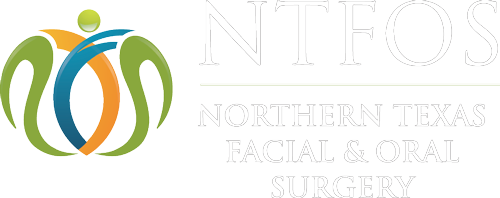 The gums are important to the well-being and appearance of the smile. When attacked by the bacteria in the mouth, the gums can begin to recede, compromising oral health and the smile’s aesthetics. Receding gums also may expose the tooth’s root, making the teeth more sensitive.
The gums are important to the well-being and appearance of the smile. When attacked by the bacteria in the mouth, the gums can begin to recede, compromising oral health and the smile’s aesthetics. Receding gums also may expose the tooth’s root, making the teeth more sensitive.
In other cases, a patient may be dissatisfied with a natural gumline that is unusually high, exposing more of the teeth’s surfaces than is desired. An oral surgeon can treat gum tissue that is too thin.
These scenarios are appropriate for an intervention known as a gum graft. This procedure, which can be performed by an oral surgeon, takes soft tissue from elsewhere in the mouth and places it to the graft site. This is known as a free gingival graft.
When the teeth’s roots are exposed, the surgeon may also use a subepithelial connective tissue graft. In this case, tissue is removed beneath the surface of healthy gum tissue elsewhere in the mouth and placed atop the site of gum recession.
If the graft site is adjacent to healthy gum tissue, the donor tissue can be obtained from that area and pulled over to address gum recession.
A gum graft is a relatively painless procedure, and patients can select sedation in addition to local anesthetics if it would make them more comfortable. It requires just a few hours at the oral surgeon’s office.
If periodontal disease is at the root of your receding gums, you should take steps to have that problem treated before undergoing a gum graft. If you don’t, you may eventually need to undergo an additional gum treatment with an oral surgeon.
It is also important to maintain a good oral hygiene routine to protect your gum graft in the long term. If you fail to clear plaque from the gumline through twice-daily brushing and daily flossing, you may also risk damage to the gum graft.
Whether receding gums have caused you discomfort or detracted from your smile’s appearance, consider a gum graft to address the problem.
For more information on the gum grafting process and to see if it is the right treatment for you, call our dedicated team of oral surgeons, serving the DFW area, to schedule a consultation today!






